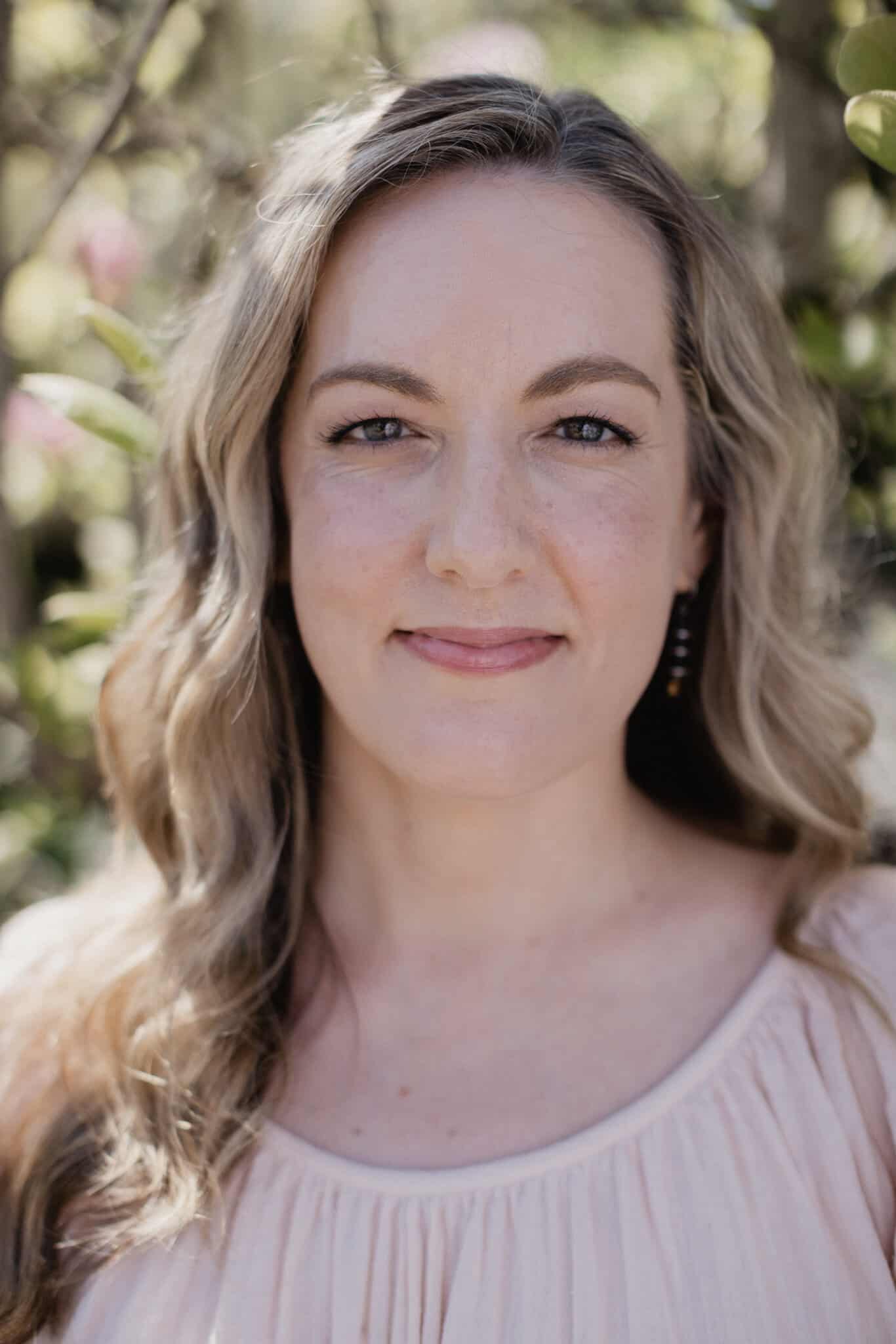In an out of control world, we all retain the human freedom of turning our attention inwards to find meaning and clarity. We all have times when life feels out of balance and the path forward seems uncertain. Our suffering does not have to be meaningless, it can be our most profound tool for personal transformation.

I’m Leanne. I have always been sensitive to life’s transitions and interested in the inner world below the surface. My education and life experience grant me the skill and privilege to witness others exploring their own inner places. It is an honor to be of service in times of transition, crisis, and confusion.
Originally from the US, I moved to Canada in 2020 and I live and practice on Salt Spring Island, BC, as well as online with people from the US and Canada. I completed the international psychoanalytical training program at the CG Jung Institute in Zurich and am a member of the International Association of Analytical Psychology (IAAP). Prior to becoming an analyst, I received my Master’s in Social Work in 2005, and I am a Registered Clinical Social Worker (RCSW) with the BC College of Social Workers, as well as a Licensed Independent Clinical Social Worker (LICSW) in Washington State. In addition to my psychoanalytical training, I also have extensive training in Jungian Sandplay Therapy.
We all have the capacity to live a satisfying, meaningful life and to understand ourselves deeply. Instead of following a structured program of therapeutic technique, our work together will be as unique as you are.
